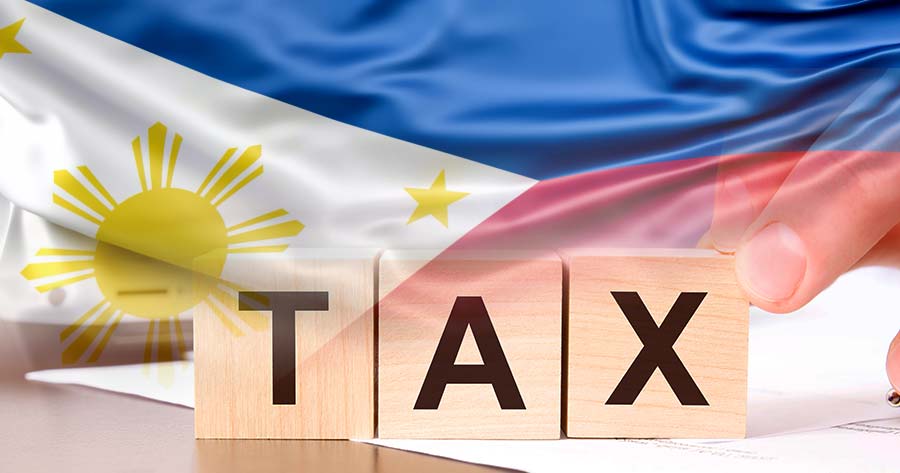Ferdinand Marcos Jr., President of the Philippines, passed a bill to cut corporate income tax down and give more fiscal stimulus to designated companies, in a bid to invite foreign investors into the country.
While the Philippine economy has been among the fastest growing in Asia, the country’s poor infrastructure, high power cost, and restriction on foreign ownership have hampered the country’s effort to invite foreign investment.
Data from the United Nations show that the Philippines has $6.2 billion in direct investment from overseas, much smaller than Singapore’s $159.7 billion, Indonesia’s $21.6 billion, and Vietnam’s $18.5 billion.
The bill itself was called Corporate Recovery and Tax Incentives for Enterprises to Maximize Opportunities for Reinvigorating the Economy, it stated to lower the income tax rates of registered business enterprises (RBEs) to 20% from the original 25%.
The law would allow RBEs, or authorized companies with investment promotion agencies, to benefit from tax deductions which also included an additional 100% deduction for energy costs, in order to help alleviate high power costs in the country.
The law would also extend tax perks for strategic investment for at most 27 years from the previous 17-year limit and further clarify the exemption companies can claim for sales taxes. It also establishes the limit for RBEs to work-from-home employees for up to 50% of the company’s total employees, while also keeping their incentives.
As a result of the new law, the Philippines is forecasted to lose 5.9 billion pesos ($100.89 million) in tax revenue from 2025 to 2028, according to a document from the president’s communication office.





